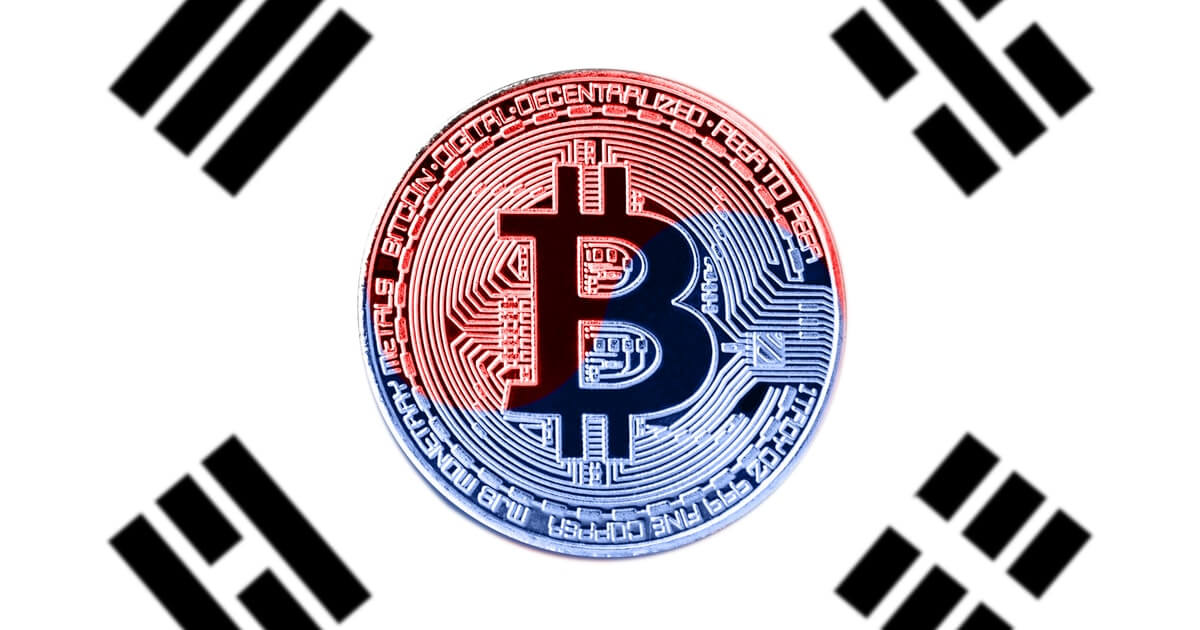Wemade dismisses claims of coin overissuance fraud during investigation

South Korean game developer WeMade has claimed compliance exemption for its digital asset system and Phoenix DEX amid a regulatory investigation by the Seoul Southern District Prosecutors’ Office against fraud allegations.
Web3 game developer WeMade strongly denied allegations of coin overissuance fraud. These charges were filed by the Seoul Southern District Prosecutors’ Office, which has been investigating the company for allegedly evading regulations and making unfair profits. Wemade’s defense centers on its digital asset storage system and decentralized exchange, Phoenix DEX, which it claims is exempt from compliance requirements that require virtual asset service providers to register with authorities.
The company claims its services, including Play Wallet and PNIX DEX, operate outside of regulatory frameworks that require it to control user assets through private keys. Wemade claims that its wallet service is decentralized and that it does not control private encryption keys and therefore does not engage in any regulatory reporting activities for transferring, storing or exchanging virtual assets.
The ongoing investigation has placed WeMade under significant scrutiny considering its pivotal role in the Web3 and blockchain gaming sectors. In particular, Wemade is famous for its Legend of Mir series and had ambitious plans to integrate blockchain technology into the gaming ecosystem. The company’s strategy includes developing a blockchain mainnet specifically aimed at supporting WEMIX tokens and Play-to-Earn (P2E) functionality in various games.
Wemade’s challenges have been further complicated by previous controversies, including the delisting of its WEMIX token from a major South Korean cryptocurrency exchange. Allegations of unauthorized fund liquidation and fraudulent disclosure practices were significant factors in these developments.
Despite these obstacles, Wemade has expressed its intention to continue challenging what it perceives as unfair treatment by regulators and certain market participants. The company has taken legal action, including appealing court decisions and filing complaints with regulators, to fight for its vision of integrating blockchain technology into the gaming industry.
Image source: Shutterstock



